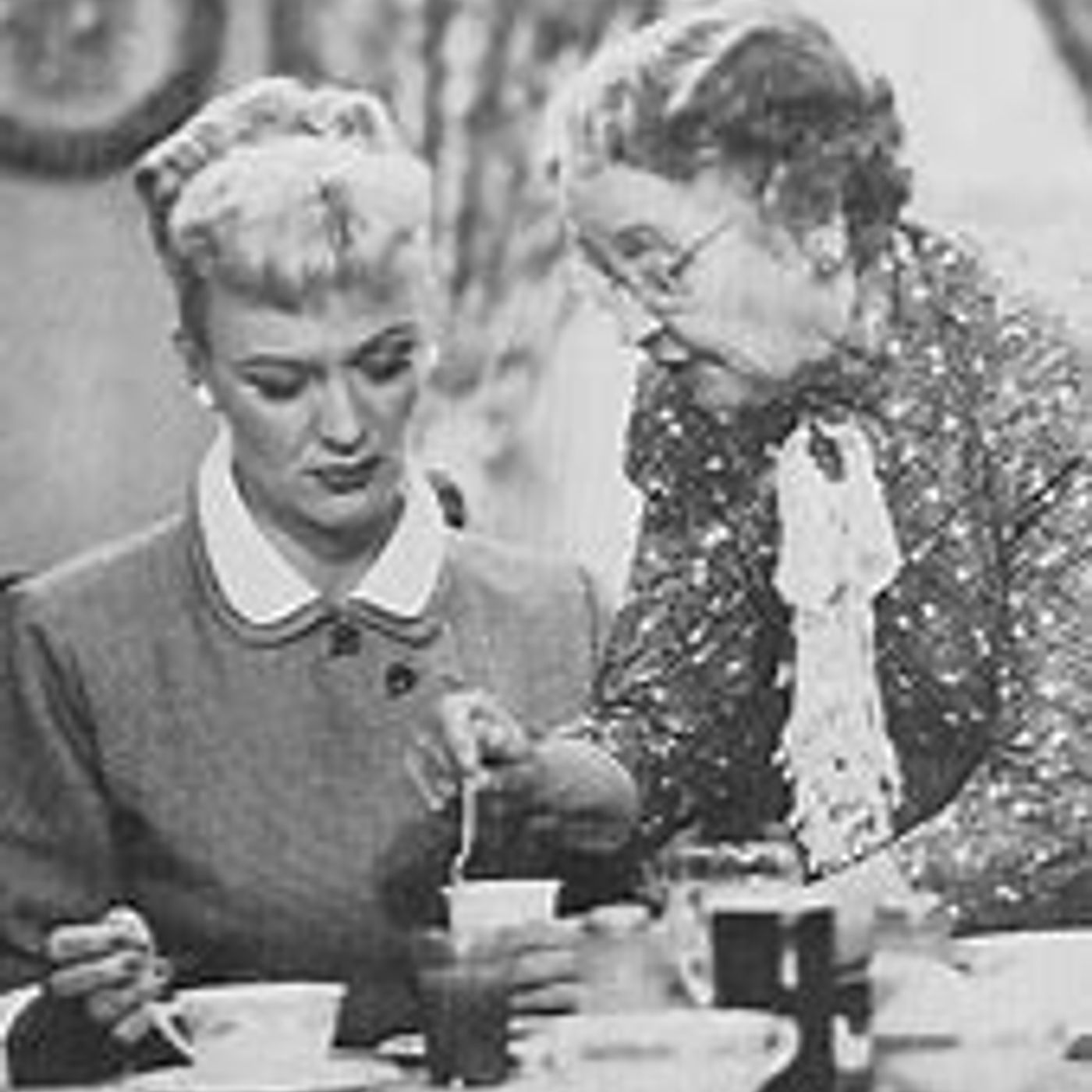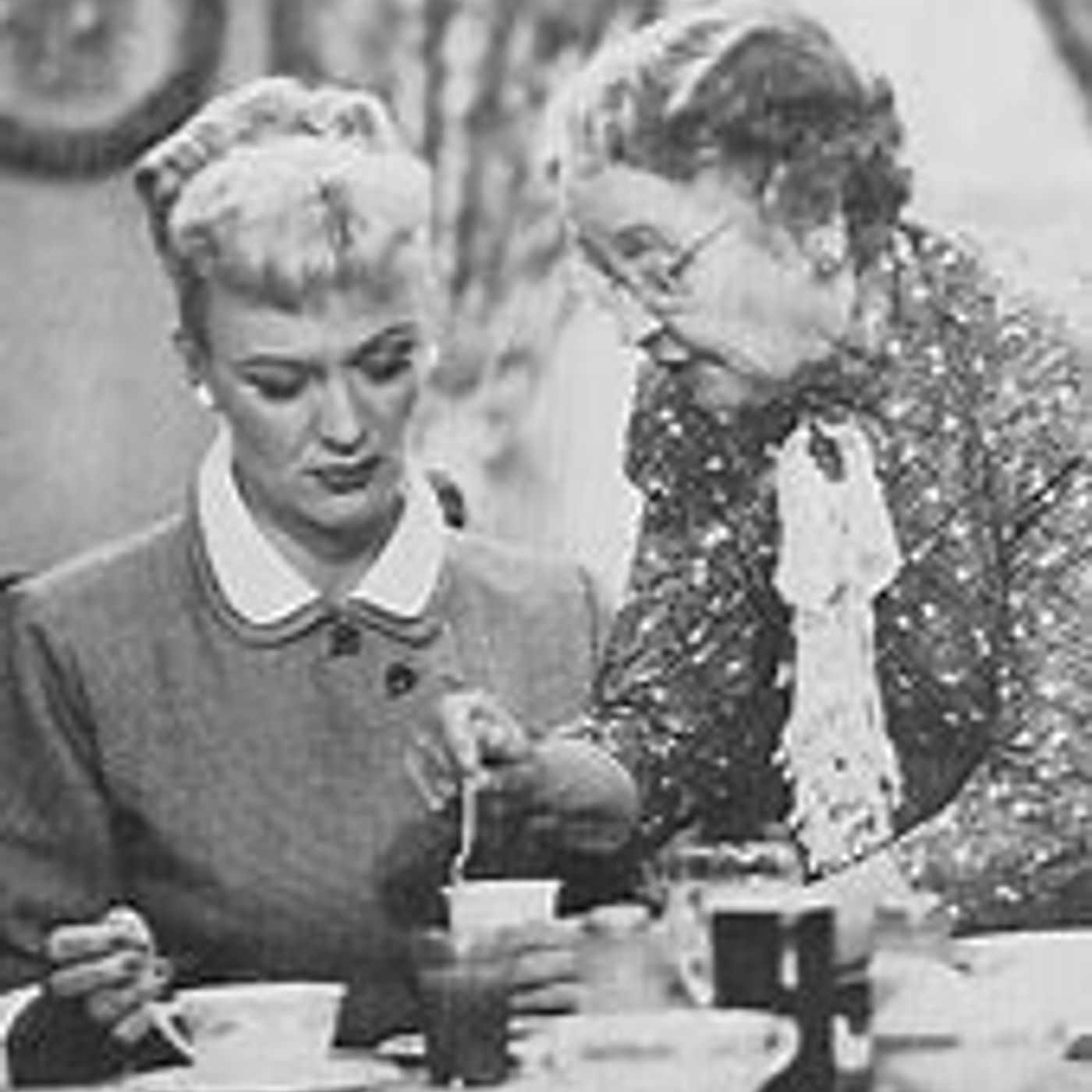"Citizen Toussaint" is a powerful episode from the "Destination Freedom" radio series, airing on October 3, 1948. This episode brings to life the incredible story of Toussaint Louverture, a pivotal figure in the fight for Haitian independence and a symbol of anti-colonial resistance.
Toussaint Louverture: The Architect of Haitian FreedomBorn into slavery around 1743 on the French colony of Saint-Domingue (now Haiti), Toussaint Louverture rose to lead the only successful slave revolt in history. His journey from enslaved worker to revolutionary leader is nothing short of extraordinary.
Early Life and Emancipation: Toussaint was fortunate to receive an education, learning to read and write—a rarity for enslaved people at the time. He was freed in his early 30s and went on to manage plantations, gaining respect for his knowledge of medicinal plants and leadership skills.
Outbreak of the Revolution: In 1791, inspired by the principles of the French Revolution—liberty, equality, fraternity—the enslaved population of Saint-Domingue began a massive uprising against the brutal plantation system. Toussaint initially did not participate but soon recognized the potential to achieve not just personal freedom but freedom for all.
Strategic Alliances: Toussaint demonstrated remarkable diplomatic and military acumen. He initially allied with the Spanish against the French but switched sides when France abolished slavery in 1794, aligning himself with the ideals of universal liberty.
Defeating European Powers: Under his leadership, the formerly enslaved armies defeated not only the French planters but also Spanish and British forces that sought to control the island.
Governor-General: By 1801, Toussaint had effectively become the ruler of Saint-Domingue. He promulgated a new constitution that affirmed the abolition of slavery and declared himself Governor for Life, aiming to establish a society based on freedom and equal opportunity.
Napoleon's Response: Alarmed by Toussaint's growing power and the loss of a lucrative colony, Napoleon Bonaparte dispatched a massive expedition in 1802 to reassert French control and reinstate slavery.
Capture and Imprisonment: Toussaint was deceived into negotiations, captured, and deported to France. He was imprisoned in the cold and isolated Fort de Joux, where he died of pneumonia and malnutrition in 1803.
Inspiration for Independence: Toussaint's death did not quell the revolution. His lieutenants, notably Jean-Jacques Dessalines, continued the fight, leading to the declaration of Haiti's independence on January 1, 1804—the first Black republic and the second independent nation in the Americas.
The episode delves into several profound themes:
Struggle for Freedom: It highlights the universal yearning for liberty and the lengths to which oppressed people will go to obtain it.
Leadership and Sacrifice: Toussaint's story is a testament to selfless leadership and the sacrifices made for the greater good.
Colonialism and Resistance: The narrative exposes the brutality of colonial systems and the courage required to stand against formidable empires.
Global Reverberations: The Haitian Revolution sent shockwaves around the world. It inspired abolitionists and ignited fear among slaveholding societies, accelerating discussions about slavery's future.
Economic Repercussions: Haiti's independence led to economic isolation imposed by global powers, which has had lasting effects on the nation's development.
Symbol of Resistance: Toussaint Louverture became a symbol of Black resistance and resil

Aunt Mary was a soap opera that follows a story line which appears to have been broadcast in 1945 and early 1946. The plot...

Aunt Mary was a soap opera that follows a story line which appears to have been broadcast in 1945 and early 1946. The plot...

The Railroad Hour was a delightful radio series that aired musical dramas and comedies from the late 1940s to the mid-1950s. Sponsored by the...